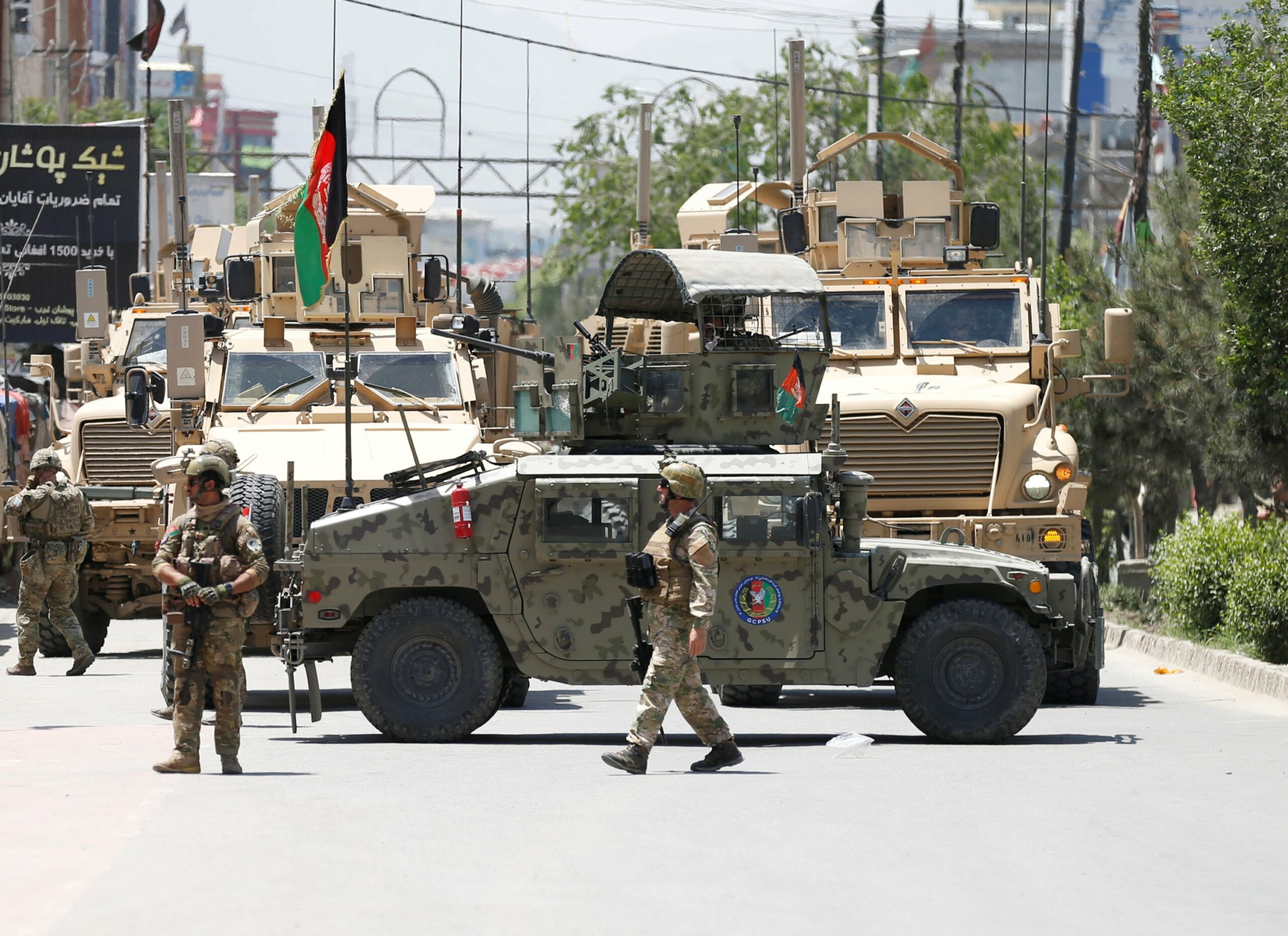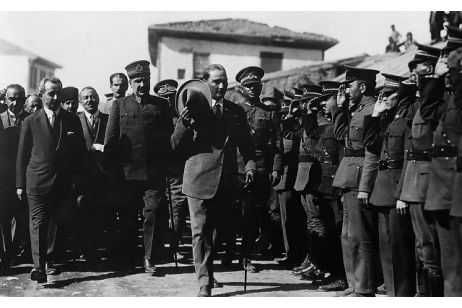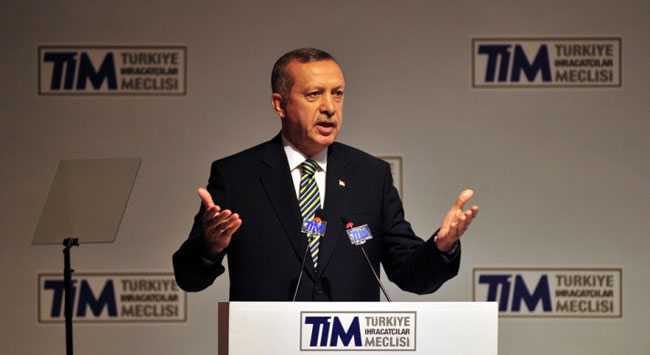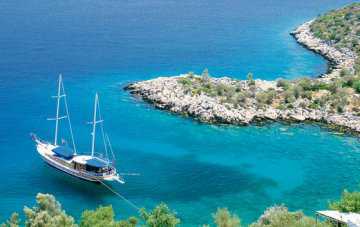
As the world economic and diplomatic order is dynamically changing, Afghanistan is playing a more important role in the game change. A transit center between Pakistan, Central Asia, Russia and Europe, today Afghanistan is a strategic logistic corridor and a player in a new export and import relations.
For instance, Russia is on the way to adopt the idea of recognizing Afghanistan under Taliban. The facts speak for themselves: the opening of the Afghanistan Embassy in Russia with the Taliban’s “chargé d’affaires”, the
Kremlin’s invitation of the Taliban delegation to the 25th anniversary “St. Petersburg International Economic Forum ”, which took place from June 15–18, 2022, the negotiation process between the Taliban and the then government of Afghanistan, which took place in Moscow in 2019 etc. But all this does not mean recognition of the Taliban government by Russia.
The first step towards an active and qualitative change in Taliban Afghanistan would be the development and adoption of the main law – the Constitution. The presence of a new constitution is a necessary condition for the Afghan state to become a player in the world arena as such a move determines the framework for the development of any state.
However, there are a number of difficulties in this matter, and the first of them is the fragmentation and clan structure of power within the Taliban, there are a number of groups with different leaders.
To solve these issues Afghanistan first of all has to adopt a number of basic principles such as to turn the government system into the Islamic republic with strong presidential power; to update its territorial structure, e.g.to adopt a decentralized unitary state, or a constitutional national federation. Consequently, a representative body will be needed to resolve issues between autonomies. Finally, regions should be enlarged and “national” autonomies should be formed (while maintaining the division into regions within autonomies) without the right to secede from Afghanistan, the capital Kabul should become a city of federal significance – a separate administrative unit that is not part of any national autonomy.
Russia, as the epicenter of acceleration process to turn the world to East, should contribute to the moderate transformation of the Afghanistan under Taliban, with a view to its further recognition in the international arena. However, there are a number of difficulties that will need to be addressed, ranging from humanitarian to religious and military issues. The process does not promise to be easy, but the security of the Russian Federation depends on the results of the work.




